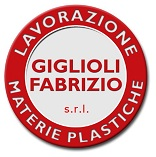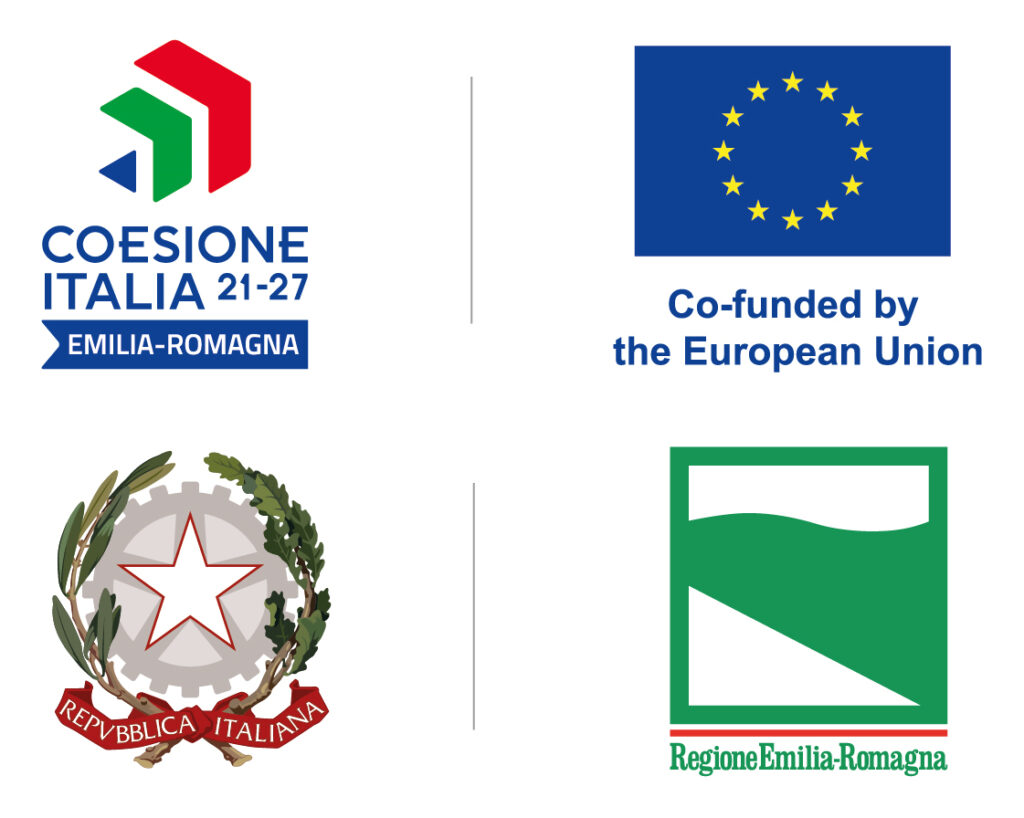MOCA is a set of different elements, whose meaning is “ all the Materials and Objects that are destined to come into Contact with Aliments and water”.
So, this MOCA group includes, and as such subject to the current legislation: dishes, glasses, cutlery, pots, bottles, wrapping paper, plastic film, plastic dishes and glasses, work knives, labels in contact with food, packaging and so on.
The main characteristics of MOCA products: materials and objects, including active and intelligent ones, must be manufactured complying to the good practices of production in order that, during normal or foreseeable conditions of use, they do not transfer to foodstuff any component in such quantity that could:
• Constitute a danger for human health.
• Lead to an unacceptable change of the composition of food products.
• Lead to the deterioration of their organoleptic properties.
From the practical point of view, legislation acts by imposing: composition for some materials, specific (SML) and global migration limits, verification of conformity to the expected tests or limitation to the permitted uses.
The correct application of MOCA legislation must also consider all the production phases- Good Manufacturing Practices- that is to say the correct application of the practices of good manufacturing, including the traceability, in order to guarantee that during the whole process, from raw material, to the finished product, until warehouse storage, will never occur such behavior or elements that could affect the quality of the product.
The main instruments to guarantee and check these requisites are:
- Labelling
- Traceability
- Checking of the Quality of the Process
- Specific Tests
- Declaration of Conformity
Summarizing, MOCA legislation is founded on four pillars that every company must comply with: obligation to dispose and operate according to the assurance and control of the quality; draw up and provide MOCAs declaration of conformity; labeling and trace products (along the whole supply chain) and prepare supporting documentation to ensure compliance with the relevant legislation.

